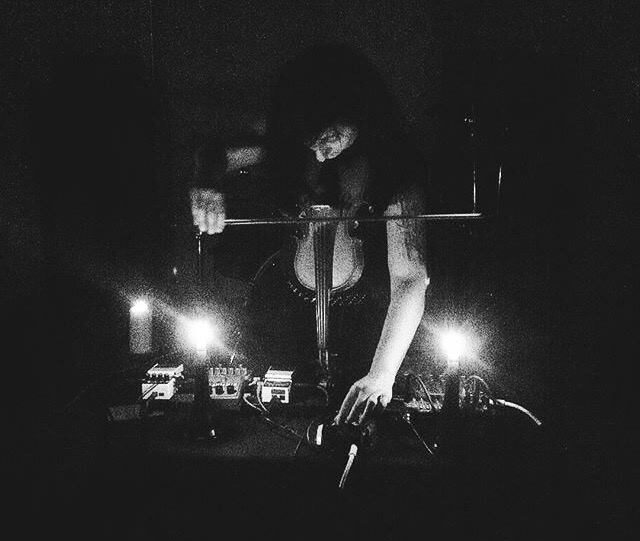
My musical training consists of traditional classical training but by the time I had hit my early teens, I was bored out of my mind with harmony and history lessons, practical examinations, and participating in festival after festival. I didn’t really know about contemporary classical music in my formative years but I wish I had been exposed to more of it at the time. I loved music but felt that playing the piano was quite isolating; I wanted something more and didn’t always feel like classical music fit who I was and what I wanted to express.
In my undergraduate studies in composition, I came across the string quartet, 70 Chords for Terry: A Meditation on String Theory, by Pauline Oliveros. This was the first piece that connected everything I had been looking for in a music-making experience. The text score, prepared in durational grids, provides loose parameters (usually articulative, dynamic, and timbral directions) where the performers are required to listen, cooperate, and come to a collective performative experience. The compositional elements in the score encourage musicians to communicate, interpret the score, respond to what they hear, honour and support one another, improvise, and prepare appropriate techniques while allowing space to explore sound and self-expression.
Oliveros’ text score provides an entry point and allows for a unique connection within an ensemble enabling music-making in a whole new way. Oliveros wasn’t the first person to create in this way, but her compositional voice resonated with me profoundly. Her confidence, elegance, curiosity, and organic and direct approach speaks to me on a deeply human level. Her development of the Deep Listening practice has also impacted my perspective and compositional practice. From this piece, and Oliveros’ work in general, I discovered that there is a place for my music!



